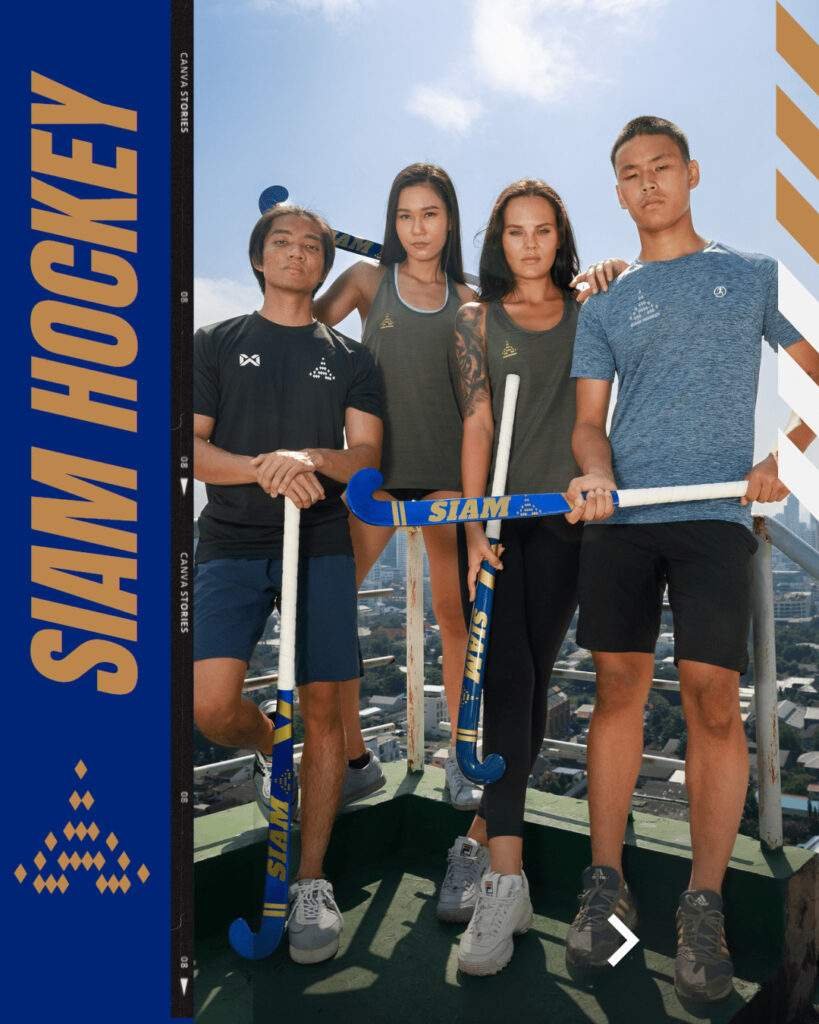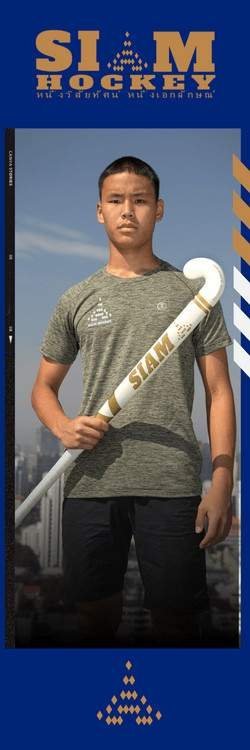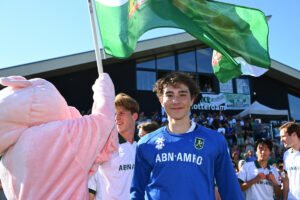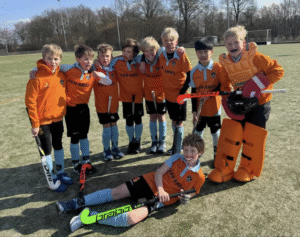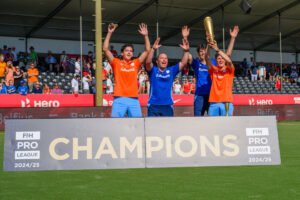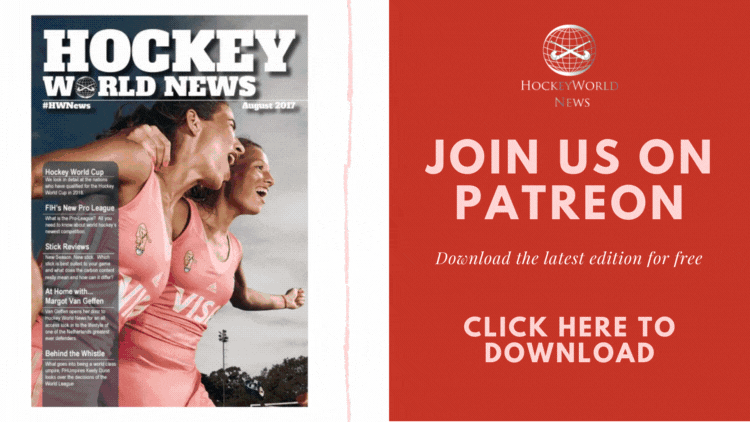Internationals Xan de Waard (29), Lars Balk (28) and Jonas de Geus (26) took a temporary step back from the Dutch national team after the Paris Olympics, in part to focus on their social careers. Something that is applauded by former field hockey star Wietske de Ruiter, dual career coach at the KNHB. She stresses the importance for top hockey players to pay attention to life after their sporting career already during their playing career.
‘Now is the time to take a break from the Orange. That is why I think it is good that Xan, Jonas and Lars have taken this step. It is difficult to find the right balance between top sport, your social life and your social career. Five years ago, therefore, the KNHB started the path of paying more attention to the dual development of players,’ says De Ruiter (134 international matches), who won Olympic bronze in Atlanta in 1996, after which she ended her international career at the age of 26.
She herself soon rolled into the business world. She was hired at Randstad, which was looking for someone to guide top athletes in their social careers on behalf of NOC*NSF. From then on, De Ruiter made the “dual career” her own.
Five years ago, the former attacker continued her career at the KNHB. What she found: ‘There was some attention to supporting athletes in their studies and gaining work experience. But nowhere near the level it should be. It was not included in the association policy. It was more ad hoc. The specific needs of top hockey players were hardly taken into account.’
And that while it is important for them to already have an eye on their life after their sporting career. De Ruiter: ‘Top hockey players run the risk of entering the labor market at a late stage. They hardly have a frame of reference in the business world. Building that up is important to me. My role is to let top hockey players continuously make conscious choices regarding their social career. But the choice ultimately lies with them.
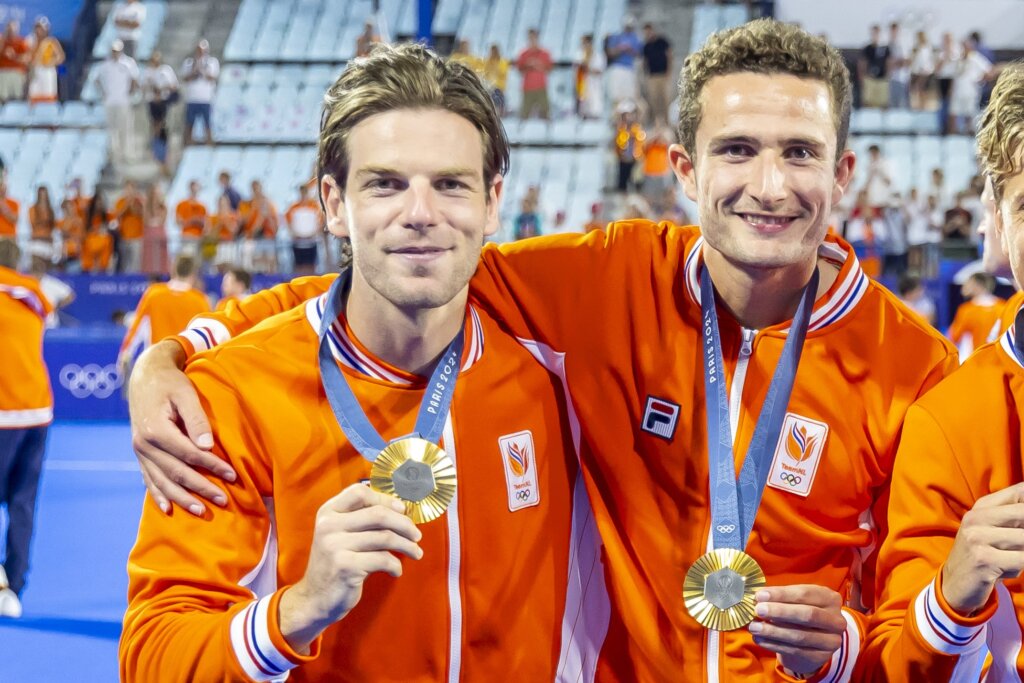
Lars Balk and Jonas de Geus took a temporary step back from the Dutch national team after the Paris Olympics, in part to focus on their social careers. Photo: Willem Vernes
Several internationals are already active on the labor market
Meanwhile, the focus on dual development has the place in the association policy it deserves, De Ruiter says. She is pleased that several internationals who have completed their studies are already active on the labor market. Midfielder Xan de Waard, for example, works as a sports consultant at Hypercube, a consultancy in the field of sports and mobility. Defender Lars Balk works at health insurer ONVZ. Midfielder Jonas de Geus is a consultant at Rembrandt, a company that deals with mergers and acquisitions. Jip Janssen works as a consultant at Deloitte.
Clever of them, because it is not easy to find work for an average of 12 hours a week, De Ruiter knows. ‘There are many periods when you are abroad as a top hockey player. Your employer has to be open to that. However difficult it is to be active in the job market alongside your international career: it really is my urgent advice to do it anyway. When you then stop playing field hockey and enter the job market, you have already gained work experience. If you don’t do it, then after your playing career you still have to discover exactly what you want. And what suits you.
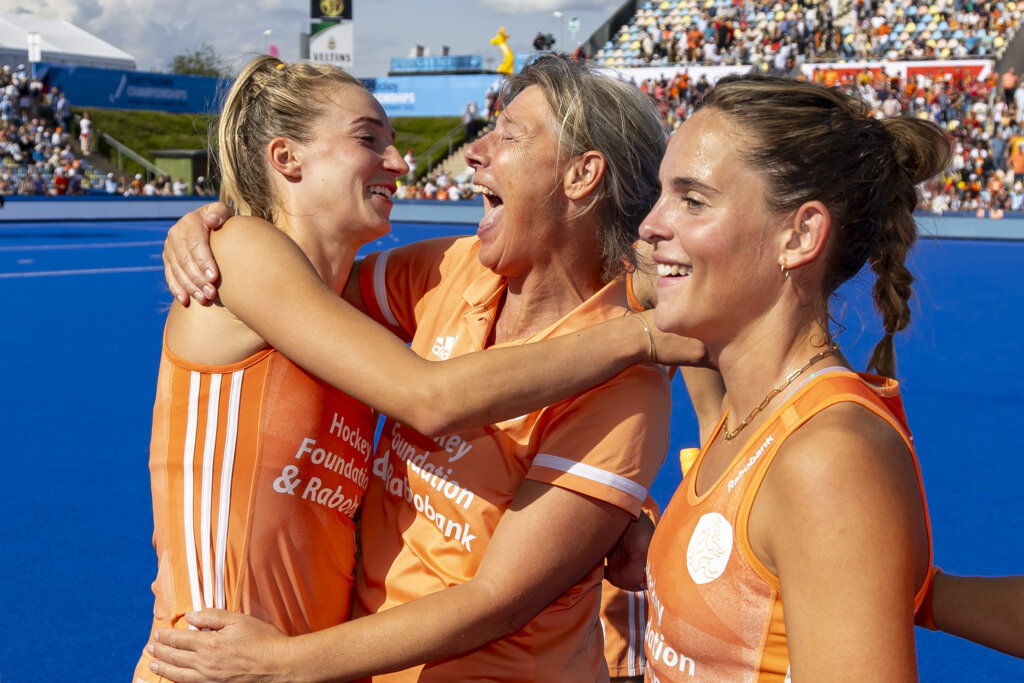
Wietske de Ruiter at the 2023 European Championship in Mönchengladbach as manager of the Oranje Dames. Photo: Willem Vernes
To players of the young national team we say: achieve an average of 75 percent of your studies Wietske de Ruiter
In all national (youth) selections of the KNHB there is now sufficient attention to dual development, De Ruiter believes. Lieke Hulsen, former striker of Den Bosch, coaches the players of the Under 16 and Under 18 teams. Former international Leonoor Voskamp does this for the Young National Team. De Ruiter is the contact person for the players of the Dutch national team.
Policy: ‘For players who have yet to take final exams, their school has absolute priority. Point. Of course there may be circumstances that cause someone to fail, but in any case this cannot be due to field hockey. To players of the Dutch Junior Team we say: achieve an average of 75 percent of your studies. In a year without World Cup-21 we advise to get as many credits as possible, because the year after that will be busier, because of the preparations for the World Cup-21. With the Dutch national team, we advise players to devote a minimum of 12 hours per week to their dual development. Which amounts to about 25 percent of a full 40-hour work week. The top sports program is number one there.’
‘An exam basically takes precedence over a training session’
In practice, much has changed in the past five years, De Ruiter says. She regularly conducts individual discussions with internationals about their social careers. Dual development is nowadays included in the personal development plan (POP) of players, in addition to hockey-related matters such as technique, tactics and physical. If the national teams are staying in the Netherlands, players are in principle given permission to miss a training session to take an exam. The same goes for attending their graduation ceremony. ‘National coaches lend their cooperation to this. That is also essential. They really look at it: how can we accommodate players without it being at the expense of the top sports program?’
In the Dutch national team it is now generally accepted that players fulfill their dual development in their own way, De Ruiter concludes. ‘One sits behind his laptop in the evening during a training camp working. While the other lies with his feet up. Which is also totally fine. There is room for everyone to fill this in as they see fit. That has really changed.
Read also: Podcast KNHB: Jip Janssen about balance between work and top field hockey
by Hockey.nl

